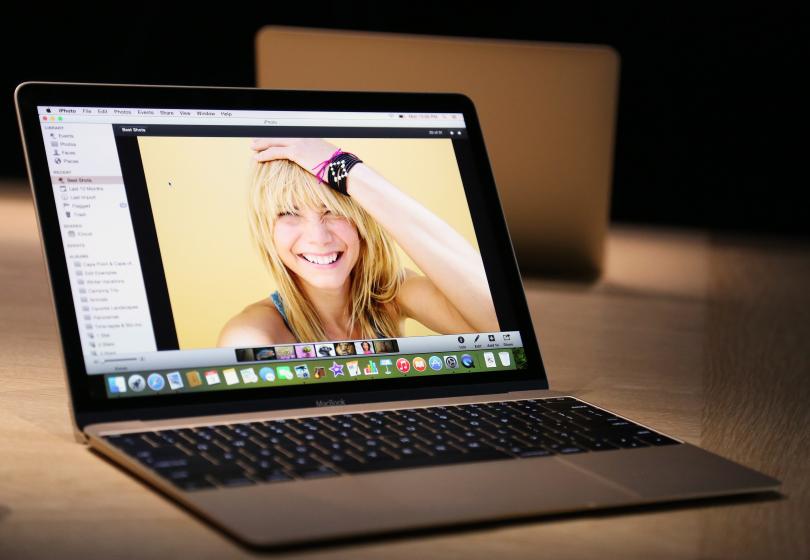What makes Apple users so dedicated to the Mac is its tight security and anti-virus features that have long proven to be better than a virus-ridden PC. However, a new test shows that may no longer be true, and that it has not been for some time now.

While Apple earned its outstanding security reputation a long time ago, that may soon come to an end. Last week, a group of hackers took control of the Transmission BitTorrent app and distributed malicious software to Mac users by encrypting files on a machine and demanding $400 ransom to rid the damaged files.
While it’s unclear which versions of OS X – Mac’s operating system – were affected, it is certain that its strong reputation for safety was due to not being attacked as often as Windows devices. Originally, hackers weren’t interested in the smaller Mac ecosystem, but that is changing. 6,500 people unintentionally downloaded the software, proving hackers’ investment in cracking Apple devices is beginning to pay off.
“Windows was really insecure for a long time, and Mac didn’t have a lot of market share, so they weren’t as much of a target,” said Patrick Wardle, a former U.S. National Security Agency staffer who's now director of research at the security firm Synack. “If I’m going to hack an organization's devices now, it’s going to be Apple. They’re a security soft target.”
Apple’s Gatekeeper was introduced in 2012 as part of OS X Mountain Lion, and is the primary security measure on OS X computers. It’s intended only to have users download apps and other software that have been approved by Apple via the App Store or from identified developers who include a preapproved developer certificate. It’s meant to prevent users from downloading outside programs that could make passwords and financial information susceptible.
However, Gatekeeper has a number of vulnerabilities that have proven can be exploited for various reasons. Last year, a mechanism was exposed in Gatekeeper that allowed hackers to bypass the protection by infecting software that’s already been approved by Apple. Once Gatekeeper approves an app, it is trusted, even if it begins distributing malware later on.
While Apple responded to the security issue by updating the blocked files, the update did not address the rooted problem: trusted data can still be used to distribute malware. That is what happened in the ransomware attack, where hackers falsely used Transmission’s already-approved developer certificate to distribute their own code.
But Apple fans do not need to worry about their iPhones as significantly since they are generally more secure than Android devices. Aside from passcode encryption and end-to-end encrypted iMessages, iPhones have several security features that would need to be disabled to download an infected app.
Source: International Business Times
Advertisement
Learn more about Electronic Products Magazine





